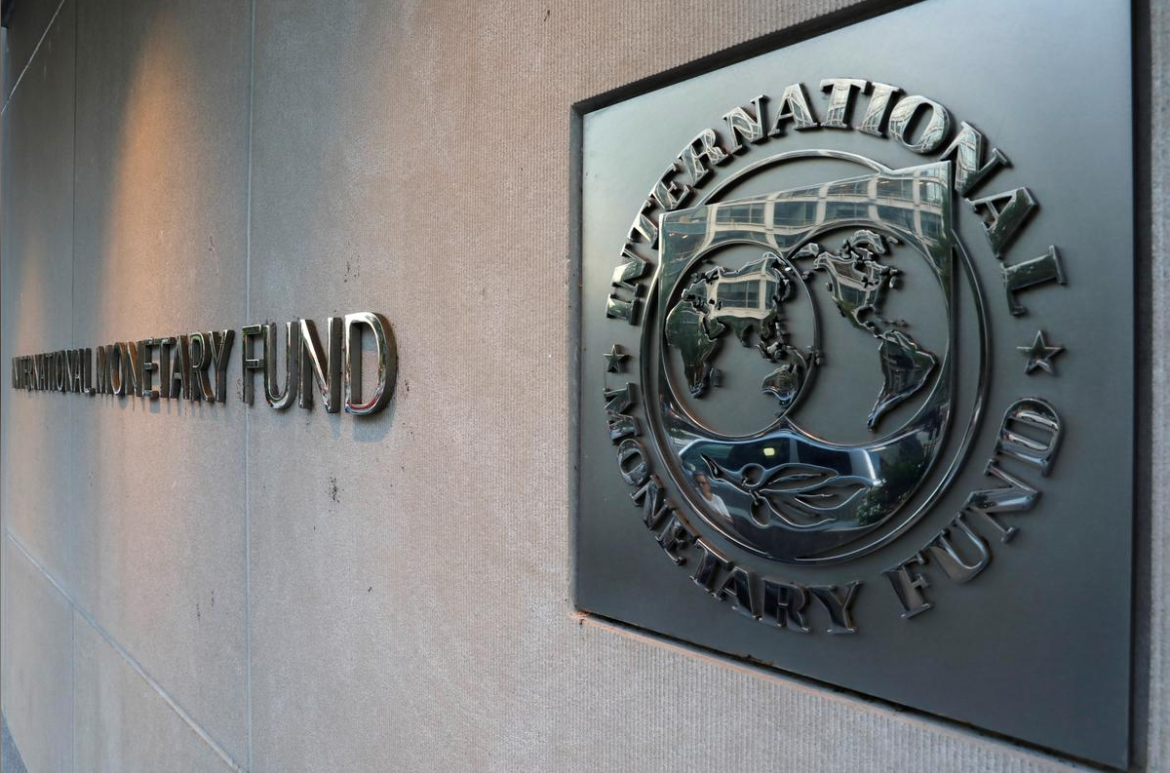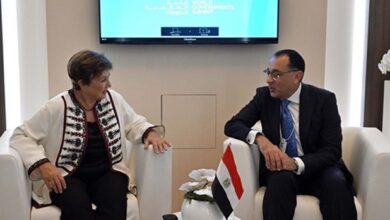Egyptian stocks rallied on Wednesday after their biggest losing streak in months created fresh buying opportunities. The stock exchange had lost LE30 billion over the last four sessions due to the political tension between Parliament and the army-backed government.
Cairo's main index rose 0.8 percent, lifting from Tuesday's three-week low. The benchmark had lost 7 percent in four sessions, drawing bargain-hunters.
The Commercial International Bank led trading, gaining 1.7 percent.
The recent sales were accelerated by reports indicating that Egypt's political and economic troubles were far from over. Parliament voted on Sunday to begin steps to withdraw confidence from the military-appointed government.
But on Tuesday, the Muslim Brotherhood, which dominates Parliament, admitted its demand to sack the army-backed cabinet was unlikely to be heeded by the ruling generals.
"Locals are rushing in today to buy what they sold earlier, but we believe a further correction is likely," said Mohamed Radwan at Pharos brokerage, adding that this could take the index down another 10 percent.
"We think there are so many positive hidden events that should kick in during the second and third quarter to take this market to a higher level," said Radwan.
He cited strong prospects for an IMF loan deal, a resolution to a dispute over Orascom Telecom's Algerian subsidiary and France Telecom's plan to acquire shares in Mobinil.
Investors will be anxious next week for signs that the government is making progress toward securing a US$3.2 billion loan from the International Monetary Fund. An IMF team is expected to begin a visit to Cairo early next week.
Egypt's benchmark stock index soared by almost 50 percent this year, partly on hopes that the loan will help the country avoid fiscal and currency crises. But stocks began falling at the end of last week on concern that the country's economic and political troubles may not be resolved as quickly as hoped; an IMF loan deal is not inevitable as the fund may find it hard to reach an understanding on economic policy with Cairo. By Tuesday, the index had sunk to a three-week low as the benchmark index fell 3.3 percent to its lowest close since 22 February. The index had risen by almost 50 percent in the two months to 7 March.
"An IMF deal may reassure investors about the short-term outlook for the Egyptian pound, reducing the risk of a disorderly devaluation — this could benefit companies that are net importers," said Simon Kitchen, strategist for EFG-Hermes.
"However, potential foreign investors in T-bills will likely require more than an IMF deal before they become strong buyers."
Among companies that could be harmed by a disorderly currency devaluation is vehicle assembler GB Auto, which builds cars in Egypt using imported kits, so it could be among stocks benefiting most from any IMF deal, analysts said.
The IMF has been pressing Egypt's government to narrow its budget deficit; one solution it proposed was to raise the prices which heavy industry pays for its energy. The government last week sent out higher electricity bills to heavy industries, and cement firms are among those that could be hurt, analysts said.
Mike Millar, head of research at Naeem Brokerage, said the market would also be looking to see if there was any progress on the forced, partial nationalization by the Algerian government of Vimpelcom's Djezzy mobile phone unit.
Vimpelcom acquired Djezzy as part of a $6 billion deal to buy the assets of Egypt's Orascom Telecom; Algeria has said it expects a valuation of Djezzy to be completed by the end of March.
The market will be looking as well to see if Egypt's regulators approve OTMT's sale of most of its stake in Egyptian mobile operator Mobinil to France Telecom.
"We are still waiting for the telcos to have their final resolution," Millar said.
Kitchen said that overall, retail investors were still driving the market. "The market should move higher after the current consolidation, but longer-run concerns about the currency and the political transition are still important."



